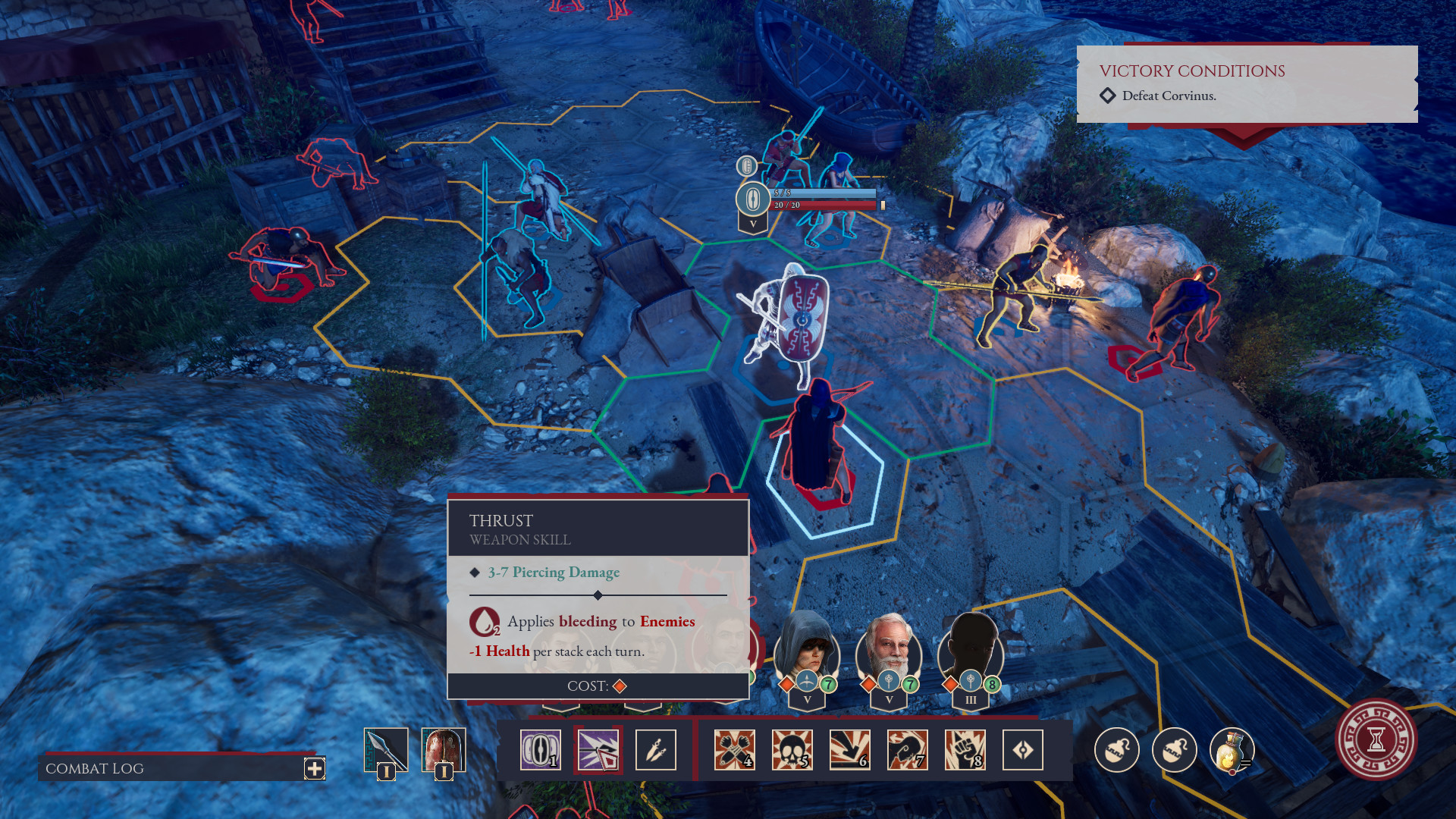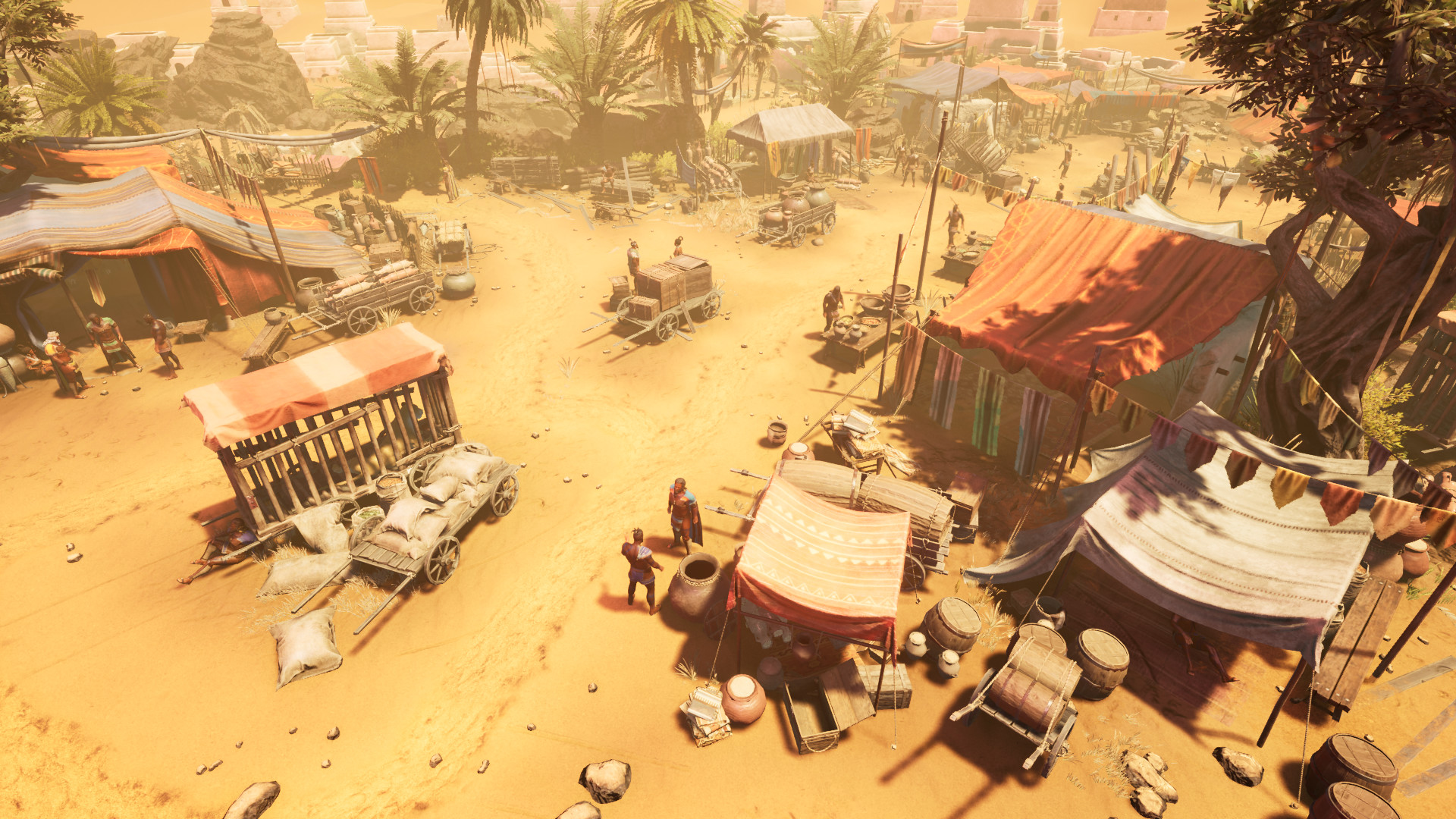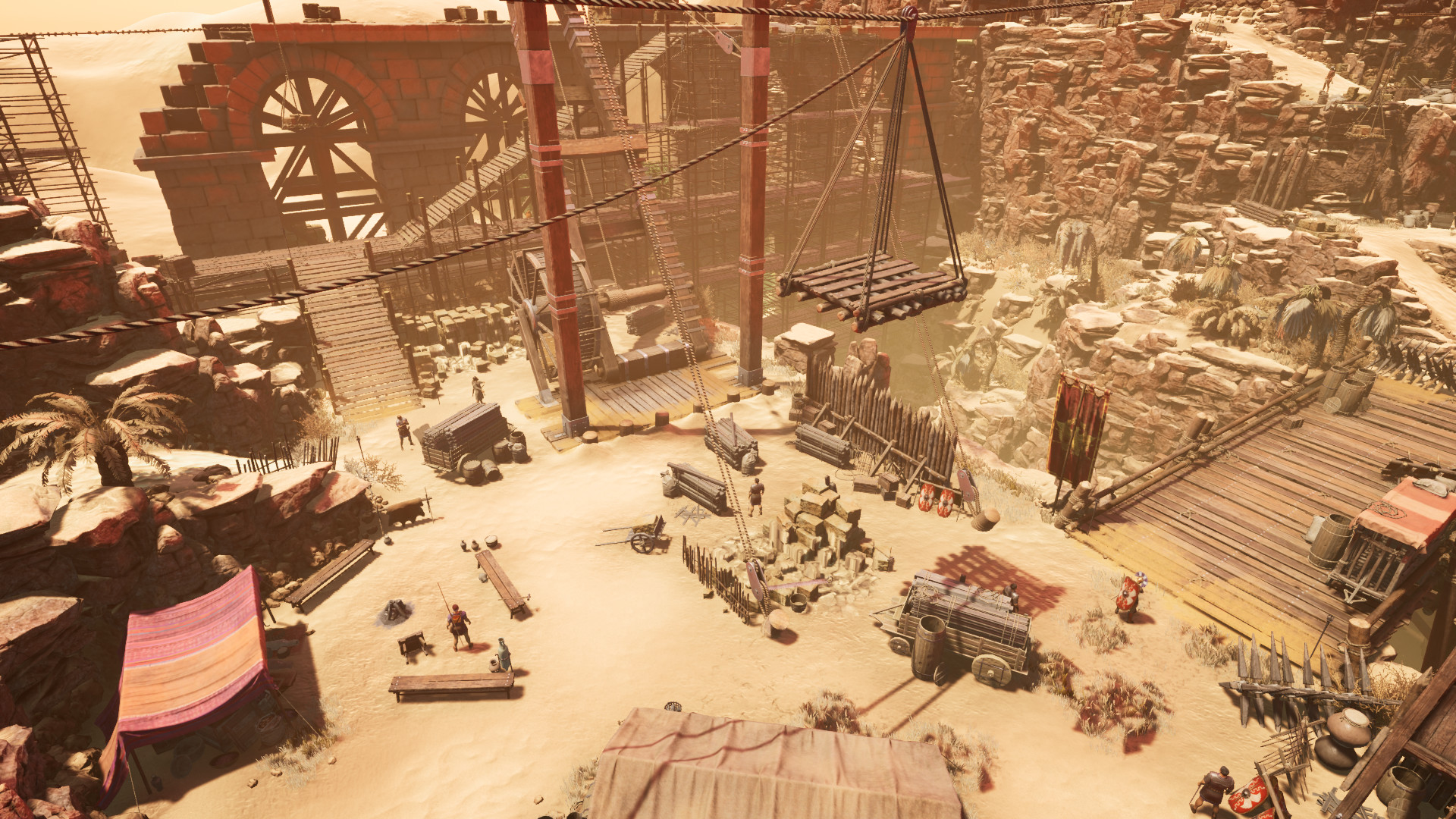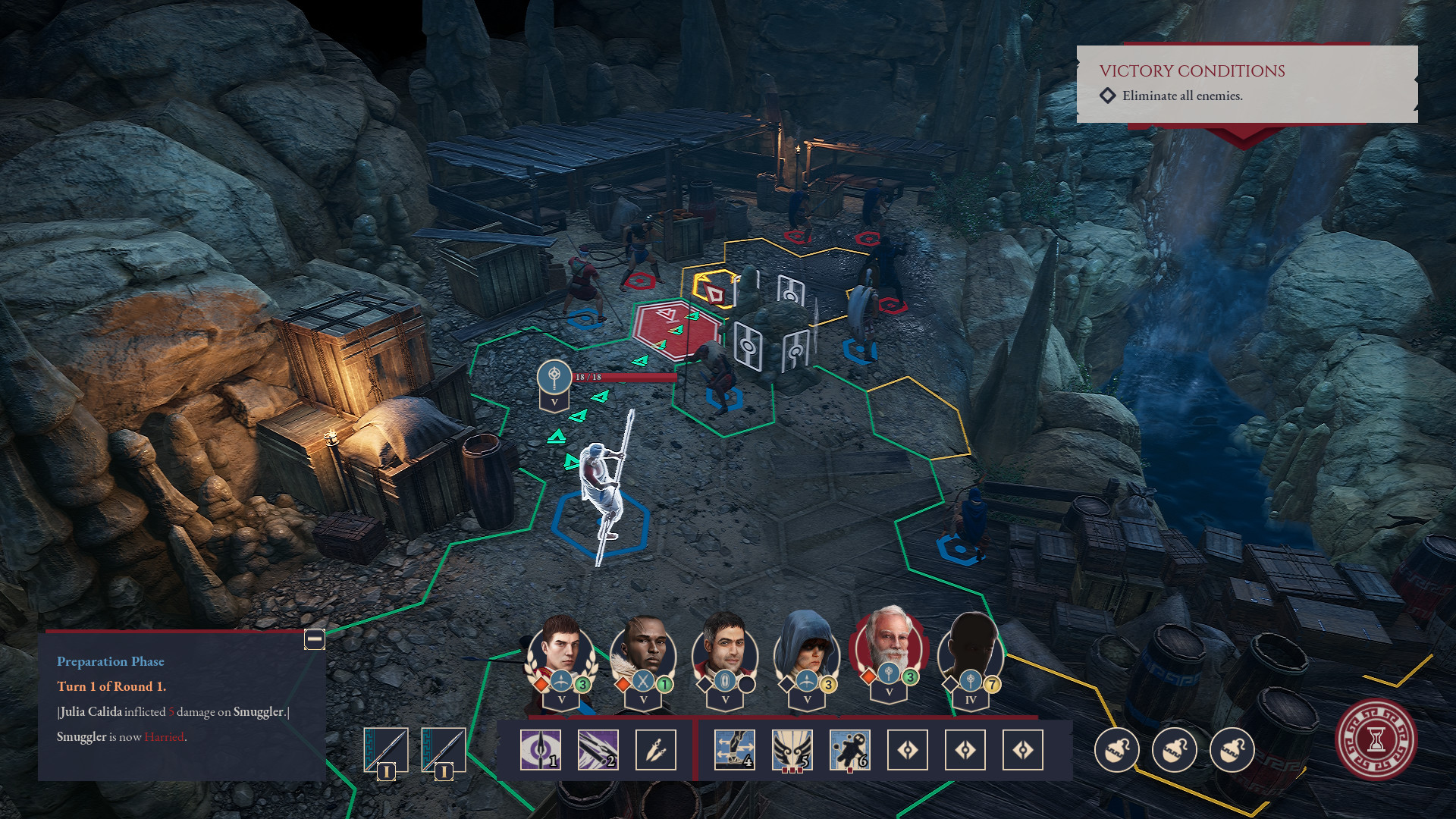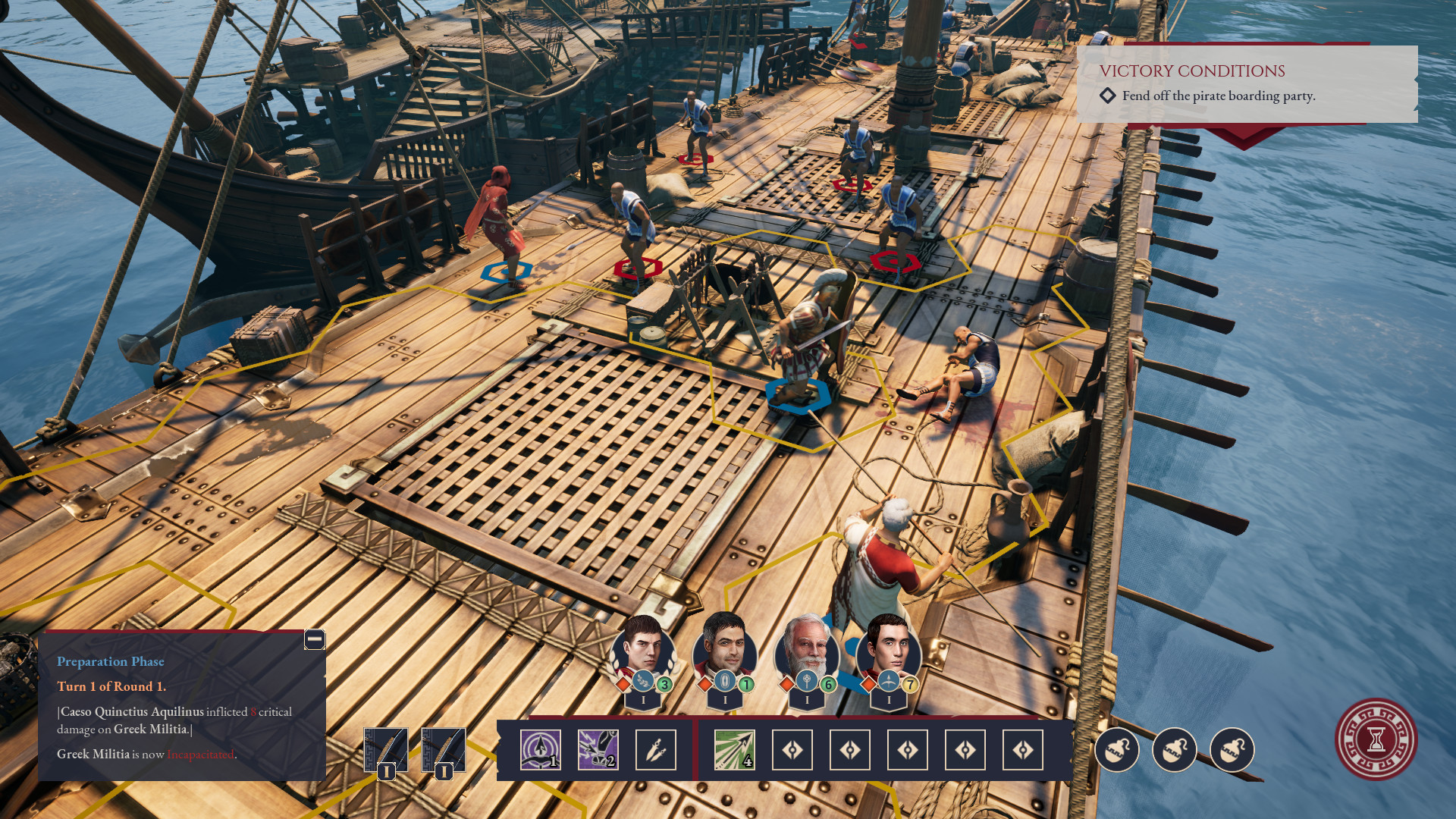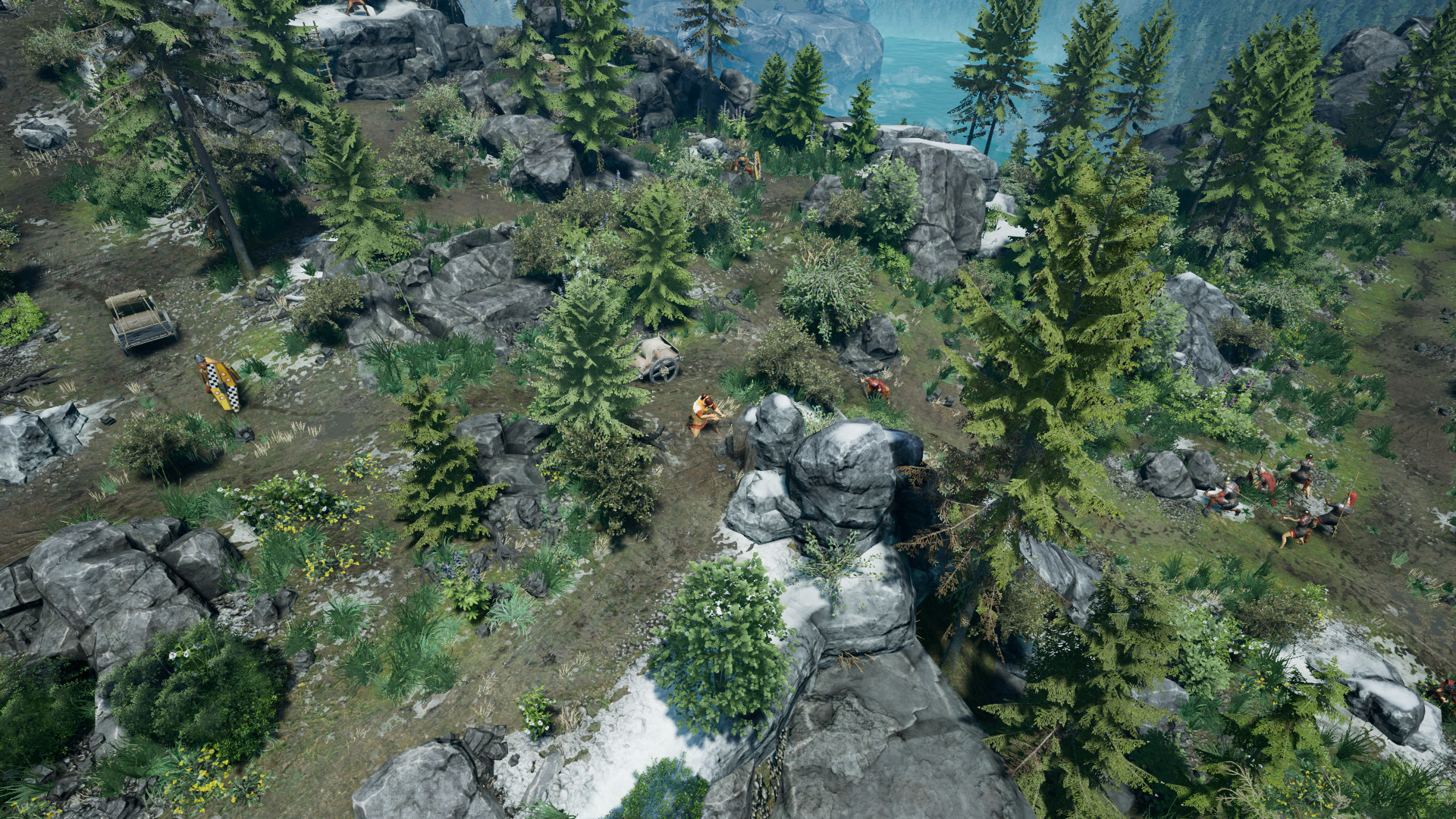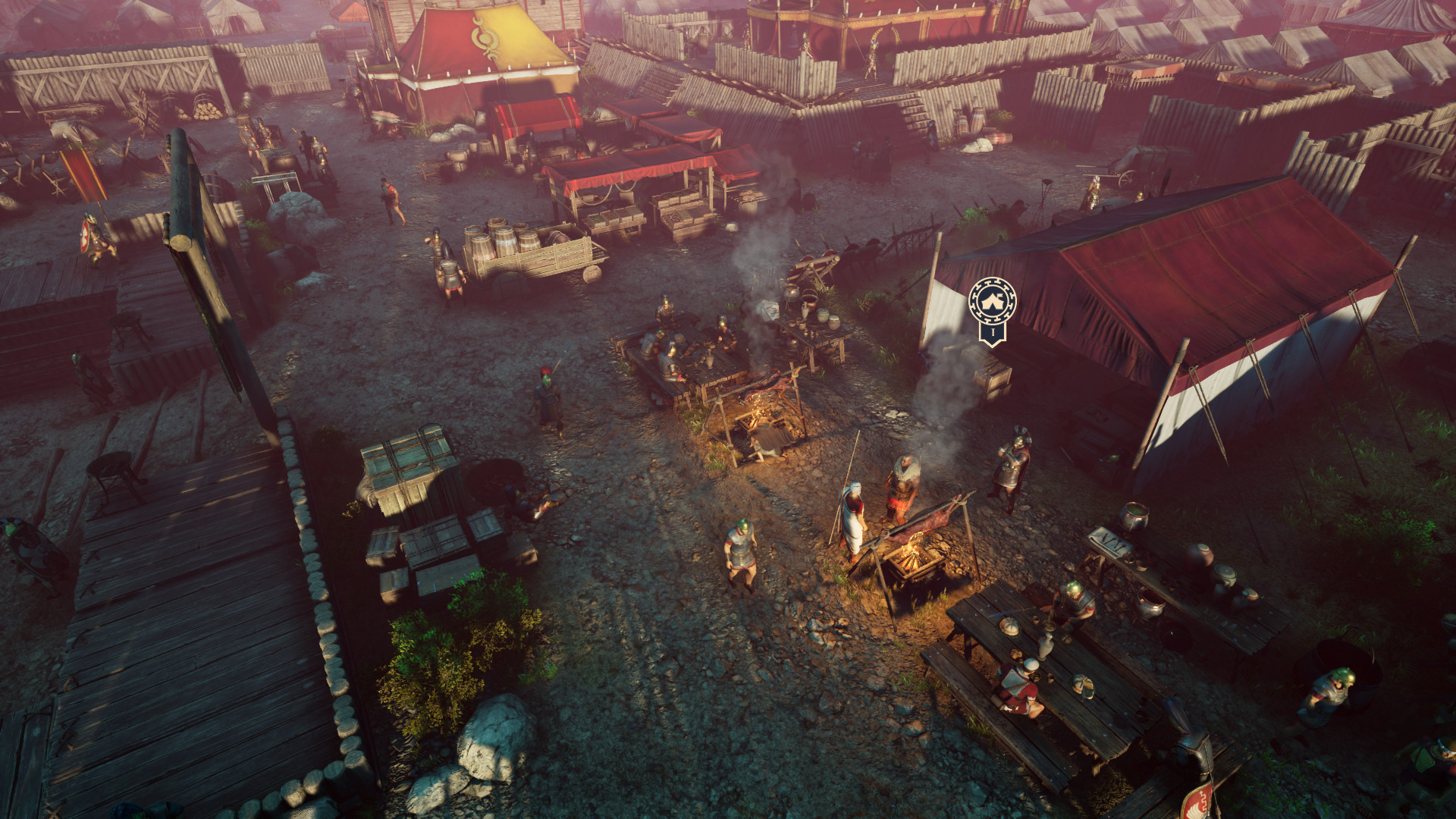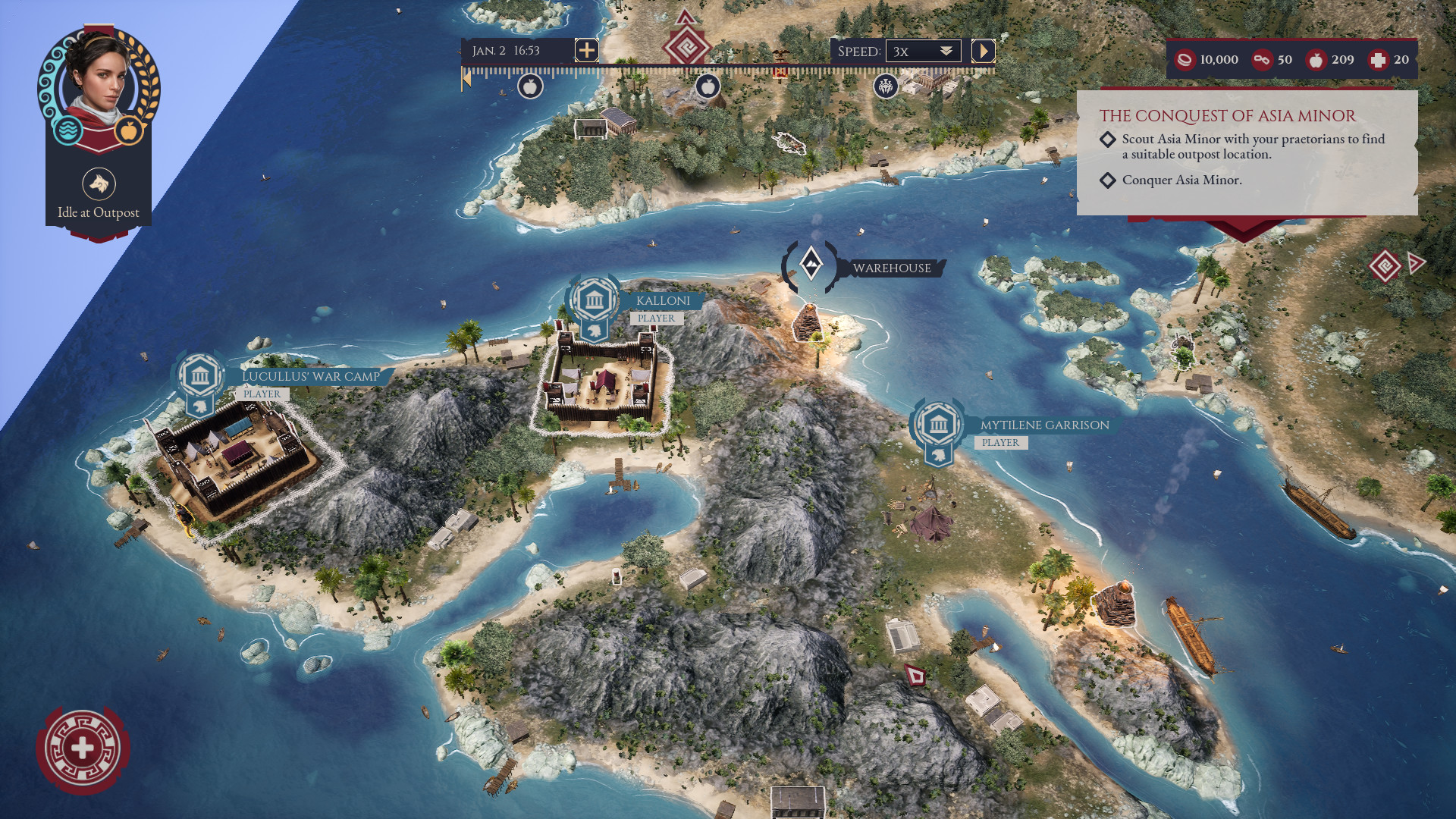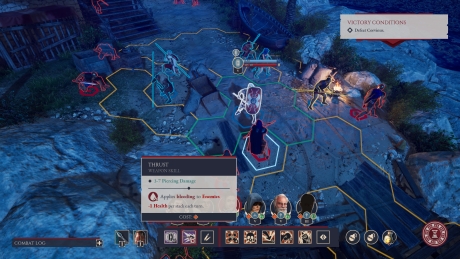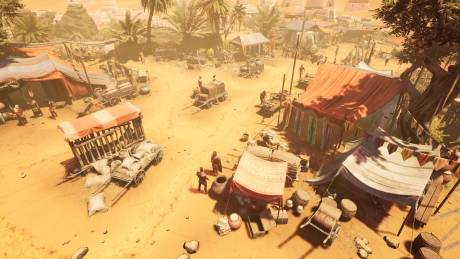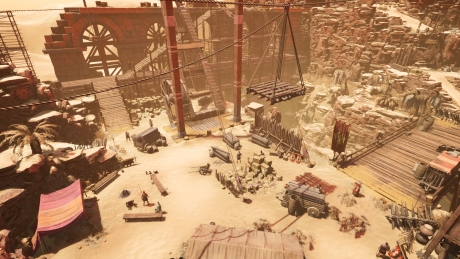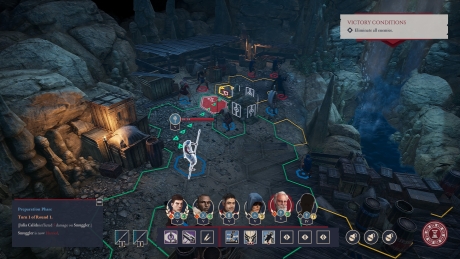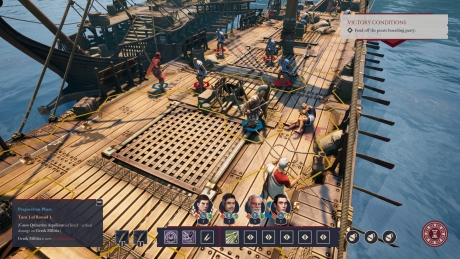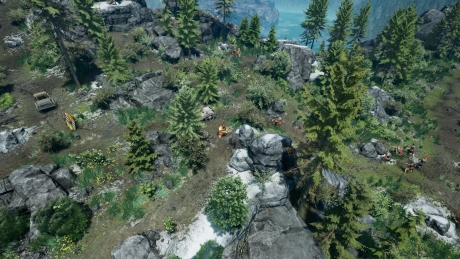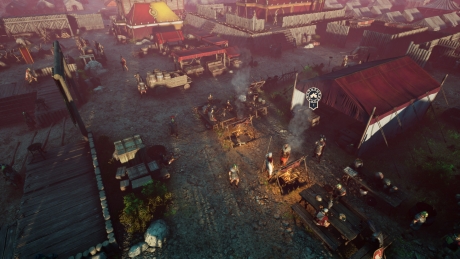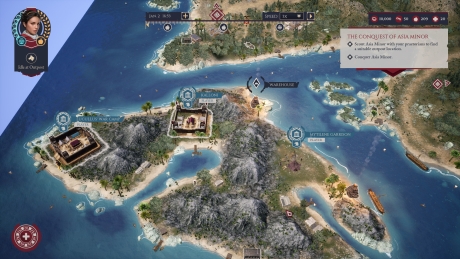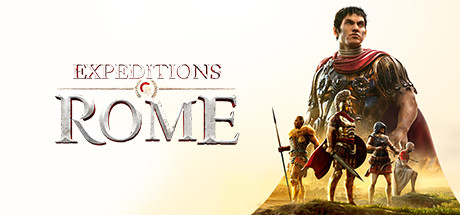Introduction
The philosopher Ralph Waldo Emerson is credited for a quote that’s very dear to me: “It’s the not the destination, It's the journey” which ultimately matters. Expeditions: Rome is not seeking to reenact historical events as they have been documented, but you can still expect a fairly accurate portrayal of the Roman society during the Roman Republic’s last four decades of existence. To say that I’m a bit enraptured by Ancient Roman history, would be an understatement. If there is a book, documentary, “docudrama”, film or video game on this topic, there’s a high chance I’ve seen it already. That being said, the Expeditions series states very clearly that it simulates an alternative history which allows players to forge their own story and set of characters within an established historical context.
I’ve played and enjoyed the freedom offered by Expeditions: Rome’s predecessors which had focused on conquistadores and vikings. The series has evolved alongside its dev team, Logic Artists, which managed to expand the gameplay over the years while retaining the central themes which helped these strategic-RPG hybrids stand out from their competitors: story-driven experiences shaped by player decisions. A rigid approach by sticking to the historically accepted events, would have deprived players of the very aspects which give the Expeditions their distinct character. THQ Nordic has been publishing this series since its inception in 2013. Nearly a decade of simulating conquerors across all continents!
Story
Apart from a few core elements to the story, you’re given a free hand on how to proceed in Expeditions: Rome. From the physical aspect to personality and combat affinity, players are tasked with creating a protagonist which might serve as the template for what the Ancient Romans regarded as a model citizen, whether it is an individual focused on politics or military service. Those lines become quite blurry if one wished to advance rapidly through the ranks. Ambition will burn a lot of bridges. And with it comes adversity in equal measure. I wanted to see just how much history can deviate by focusing on a female protagonist. You see, Roman culture much like its Greek counterpart was misogynistic to a fault, for lack of a better description. No point in sugar coating this. Racism was far less of an issue for the ancients in Southern Europe than allowing women any form of active participation in politics, nevermind military duty.
https://steamcommunity.com/sharedfiles/filedetails/?id=2725099929
That’s where Expeditions: Rome “bends the rules” by simulating a scenario in which you can role play a female protagonist that’s highly successful in commanding armies and conquering entire regions without much disapproval from her peers and subordinates. If you want the historical, uncomfortable truth, women during the Roman Republican times could only become as independent and influential as their husbands would consider it befitting their own political agenda. Marc Anthony’s wife, Fulvia, raised enough funds for maintaining the loyalty of entire legions yet she never witnessed the battles which secured her husband’s temporary victories. To achieve a lasting place in Roman politics you needed more than military triumphs.
Expeditions: Rome does an excellent job at explaining the merits of the Republican political system in stark contrast to the chaos ensued by the late Roman Empire’s many inept leaders and their murderous decisions. The Roman Republic’s “Cursus Honorum” system had ensured that no commander or politician can become a tyrant, by simply limiting political terms to a single year and no consecutive re-election unless an emergency would demand it. Absolute power corrupts absolutely, of course. The Empire would prove it. Out of around 70 individuals which became Roman Emperors, you won’t find more a handful of examples regarding proper leadership skills. And you will be given a lot of political power in Expeditions: Rome. If you abuse it, prepare to face the consequences.
Graphics
The Unreal Engine 4 does a flawless job at portraying legionary life during the Marian Reforms. You will be spending a lot of time tending to your legion’s ever changing outpost location as battles are fought and won through careful planning. And you already know that an army marches on its stomach, so a steady flow of supplies are just as important as battlefield tactics in terms of troop survival. I haven’t seen a single glitch or bug so far in Expeditions: Rome. No performance issues either, it’s almost as if UE4 has been “tamed” as it approaches the end of its life cycle. An option to fully disable all HUD elements would truly help players capture proper screenshots of those gorgeous regions you’ll be subjugating.
https://steamcommunity.com/sharedfiles/filedetails/?id=2725100064
Audio
Skilled voice acting and an intriguing soundtrack are complementing the gameplay. All the interactive NPCs seem to have spoken lines of dialogue and that is something we should never take for granted. If you played conventional RPGs for long enough, you probably realize that you got more used to reading than hearing NPC comments. Hover over the in-game options, there are some very funny tooltips which are also an uncommon feature.
Gameplay
Personal tragedy could not prevent our hero or heroine from rising through the ranks with the constant aid of loyal supporters, outmaneuvering the opposition. The risk of failure should not be entirely removed from the equation though. With several different endings, some can be considered more abrupt than others. Expeditions: Rome has replay value without a shadow of doubt. Seemingly benign decisions can have a ripple effect over the storyline through gut-wrenching plot twists. The gameplay is closely tied to how you role play your character but apart from certain gender specific interactions, you’ll still become the commander of Legio VI Victrix and you’ll quite literally shape this legion as you see fit.
Visual customization, subordinate selection, use of tactics, conquest. For the more delicate tasks requiring finesse, the player will assume control of a party through turn-based combat. Legion battles are in real time format from a top-down tactical perspective and the random factor can tip the odds in your favor as much as it can destabilize the outcome. The strategy has been refined greatly from my past experience with Expeditions: Viking. Map exploration won’t become stale since there are numerous world events spicing things up when you least expect it. And there are obviously no time constraints.
https://steamcommunity.com/sharedfiles/filedetails/?id=2726086614
Verdict
A bold step forward for the Expedition series, yet not one without obstacles. At least a certain number of history buffs may be displeased by the “historical revisionism” which may occur even if one chooses to role play a more traditional male commander. Invariably you will supplant some key historical figures in this game, yet you need to be aware that there is educational value to be found in even such scenarios of forging-your-own-story. Numerous Latin terms and concepts would advise you to inspect the in-game Codex section. There is plenty of authenticity in Expeditions: Rome. You just need to open your eyes and maintain a clear head. Discipline will always win over irrationality in the long run.
Strong Points
+ Complex TBS/RPG hybrid.
+ Customization & freedom of choice.
+ Steam Achievements & Trading Cards.
Weak Points
- Deviations from history might upset some players.
Zitat:
This article was submitted for
Imperial Reviews. Following my
Curator Page, will help me keep publishing new reviews as soon as I can. Thank you for your support!
